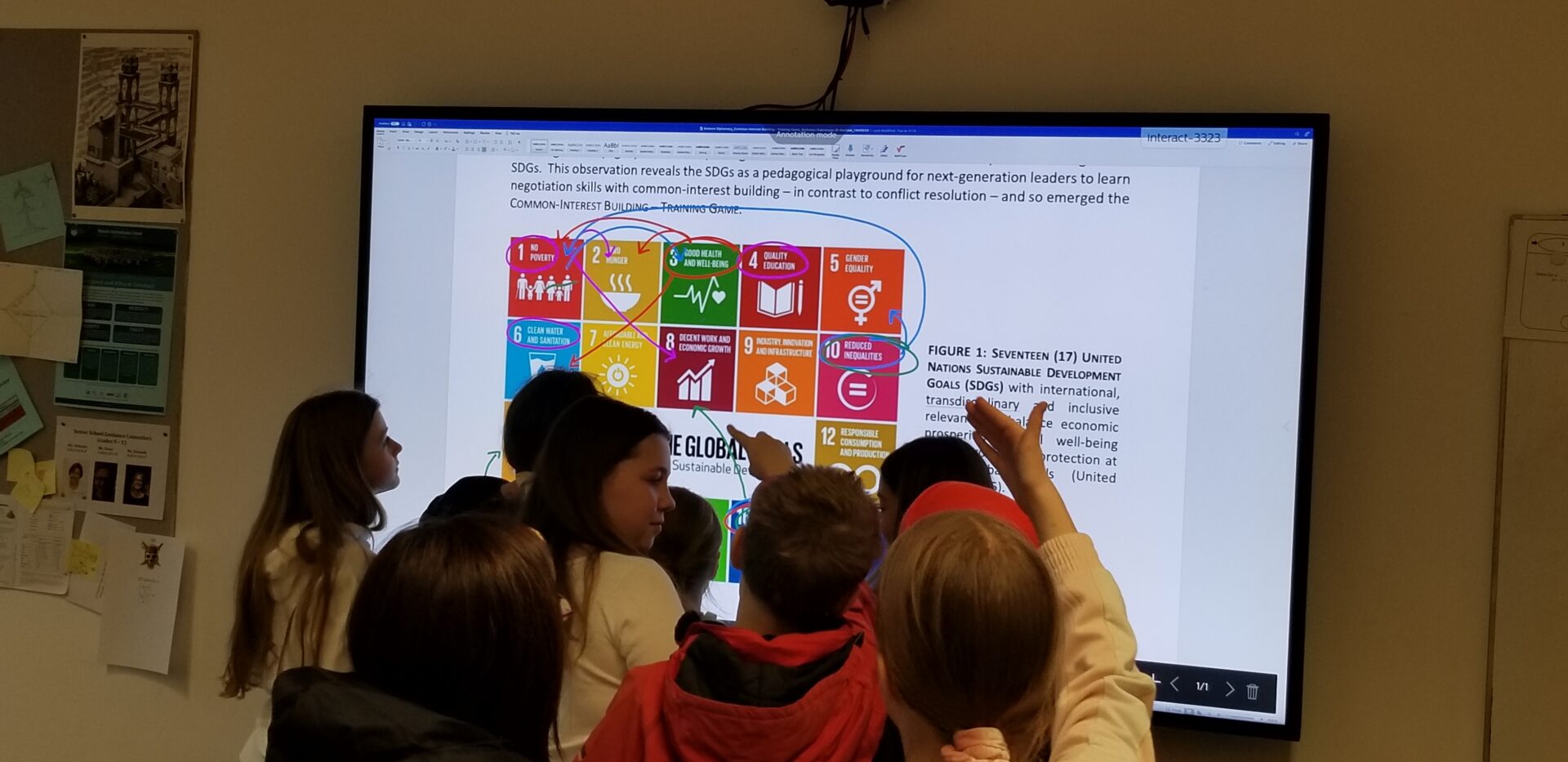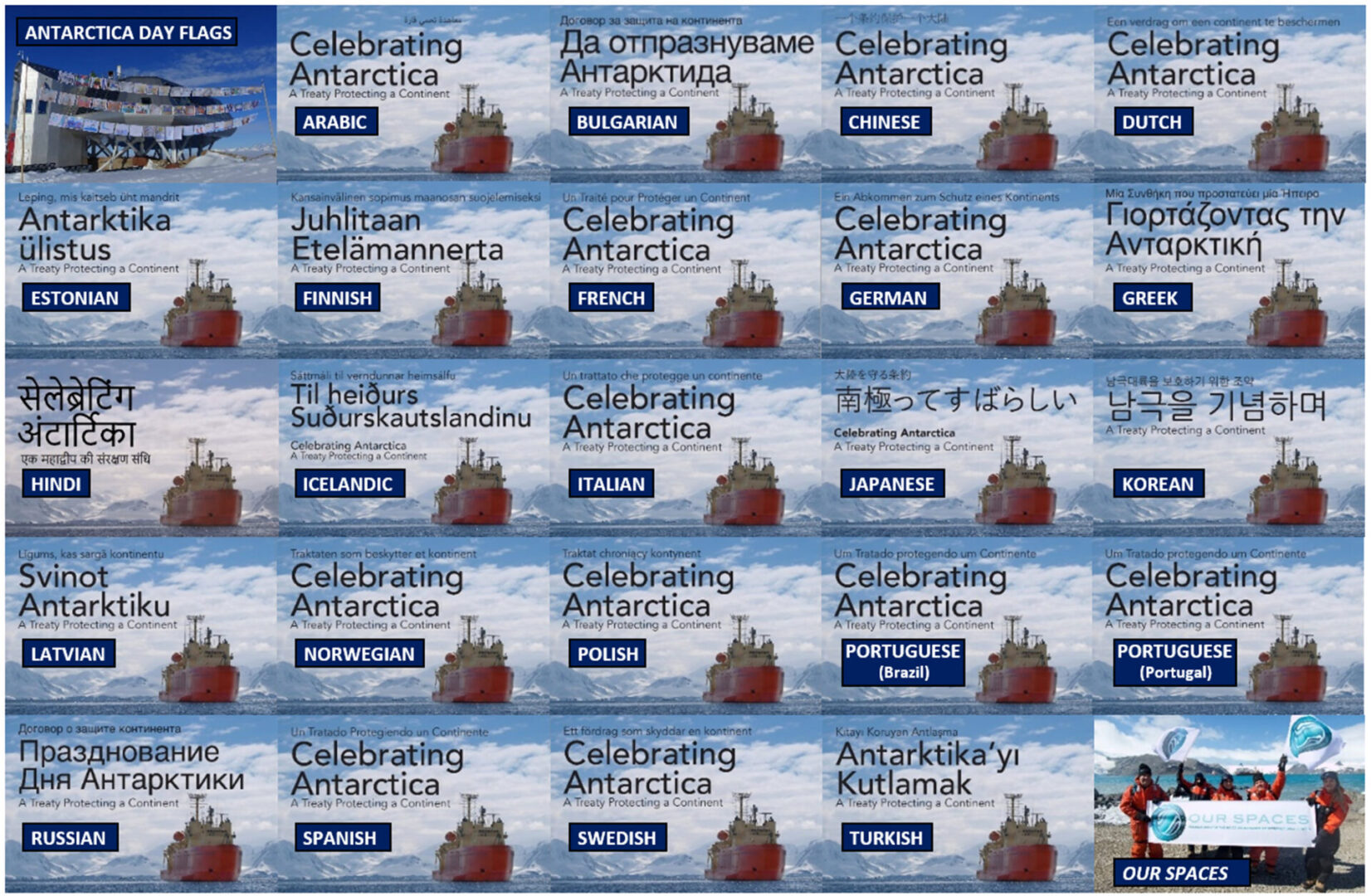FIRST STAGE OF LIFELONG LEARNING – EMPHASIZES BASIC EDUCATION
We are currently experiencing an unprecedented era of global change, coinciding with the rise of the "digital natives" generation and a global population of over 8 billion individuals. The future lies in the hands of the next generation of science diplomats.
The United Nations Educational, Scientific and Cultural Organization (UNESCO) emphasized the threats faced by humanity and planet Earth, with the pandemic further highlighting our vulnerability and interconnectedness. As UNESCO stated in their 2021 report titled Reimagining Our Future Together: A New Social Contract for Education: “Our humanity and planet Earth are under threat. The pandemic has only served to prove our fragility and our interconnectedness. Now urgent action, taken together, is needed to change course and reimagine our futures."
This UNESCO report suggests that we stand at a crucial juncture where educational innovation can transform our globally connected civilization. While K-12 education traditionally focuses on foundational skills such as reading, writing, and arithmetic, these skills alone are inadequate in a world where digital information is abundantly available. Educational sufficiency now encompasses the ability to utilize digital information for informed decision-making, considering short and long-term consequences while addressing the questions of who, what, when, where, why, and how. The introduction of informed decision-making occurs during the K-12 phase.
In the 21st century, educators have a responsibility to empower students with inquiry skills that foster an understanding of global challenges and local solutions. Our collective duty is to nurture children's inherent curiosity, particularly in the context of artificial intelligence, which offers limitless possibilities. By doing so, we can provide hope and inspiration to future generations.
Please find below one of the great examples of K-12 activities previously conducted by the Science Diplomacy Center™, reflecting the anticipated activities going forward. ANTARCTICA DAY has been celebrated annually on December 1st since the Antarctic Treaty Summit in 2009, commemorating the 50th anniversary of the 1959 Antarctic Treaty. ANTARCTICA DAY flags were created by children from over 30 nations. They were converted into PDF files and shared with various educational programs. The flags were then transported to Antarctica through research and tourist expeditions. They were flown and photographed in Antarctica and signed certificates from the Antarctic expeditions were returned to the participating students. ANTARCTICA DAY flags along with text from the children were incorporated into CELEBRATING ANTARCTICA! (click on the image), which has been published in 23 languages.
HIGHER EDUCATION

SECOND STAGE OF LIFELONG LEARNING – EMPHASIZES RESEARCH
Research begins with questions, requiring methods to address. Research is a fundamental skill to enhance with lifelong learning, beginning with the innate curiosity of childhood.
Extending from basic education with who, what, when, where, why and how to be inclusive – research with informed decisionmaking progresses from questions of common concern that initiate a process of common-interest building. Research skills can emerge with teacher-student as well as self-paced learning environments with the latter as the essence of lifelong learning.
Transdisciplinary methodologies with natural sciences, social sciences and Indigenous knowledge – inclusively as the ‘study of change’ – all reveal patterns, trends and process that become the bases for informed decisions (”operating across a continuum of urgencies”). With methods considered inclusively, research with science diplomacy generates data to address questions of common concern, involving negotiation skills that are beneficial for researchers as well as decisionmakers.
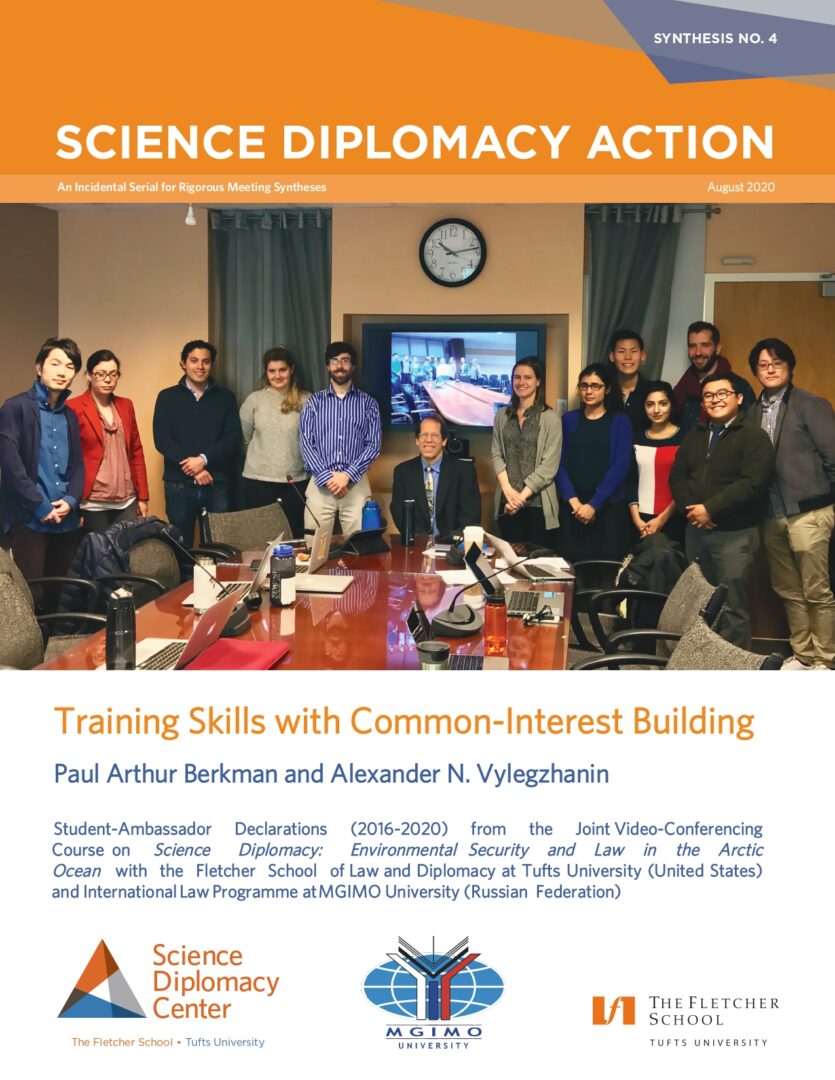
Higher Education Training Examples
These are examples of activities previously conducted by the Science Diplomacy Center™ and reflect anticipated activities going forward.
With science diplomacy and informed decisionmaking considerations, following are:
A. Four Videos Prepared with Master’s Degree Students at the Fletcher School of Law and Diplomacy at Tufts University.
B. Scope of three Science Diplomacy: Dissertation Enhancement Workshops involving academic institutions in Boston and the Science and Technology Diplomatic Circle (S&TDC) of Boston with diplomatic missions from 65+ nations, providing graduate students with:
(1) an understanding of science diplomacy theory and practice; and
(2) soft skills with negotiation techniques involving scientific issues in national and international settings.
C. Details of the Joint Video-Conferencing Course on Science Diplomacy: Environmental Security and Law in the Arctic with Tufts University (Fletcher School of Law and Diplomacy) and Moscow State Institute of International Relations (MGIMO University), compiled into a Science Diplomacy Action synthesis about Training Skills with Common-Interest Building
PROFESSIONAL

THIRD STAGE OF LIFELONG LEARNING – EMPHASIZES LEADERSHIP
Operating short-to-long term in the 21st century means understanding that many next-generation science diplomats alive today will be living in the 22nd century. With lifelong learning at personal-to-planetary levels, informed decisions – operating across a continuum of urgencies – demonstrate leadership.
Informed decisionmaking introduces paths to turn in responding to changes revealed by natural sciences, social sciences and Indigenous knowledge. Progressing from the foundation of questions up the Pyramid of Informed Decisionmaking research opens the door to action across the data-evidence interface.
In the context of institutions and decisionmakers, data generated with research is transformed into evidence for decisions. The diplomacy with science is to be inclusive, introducing options (without advocacy), which can be used or ignored explicitly.
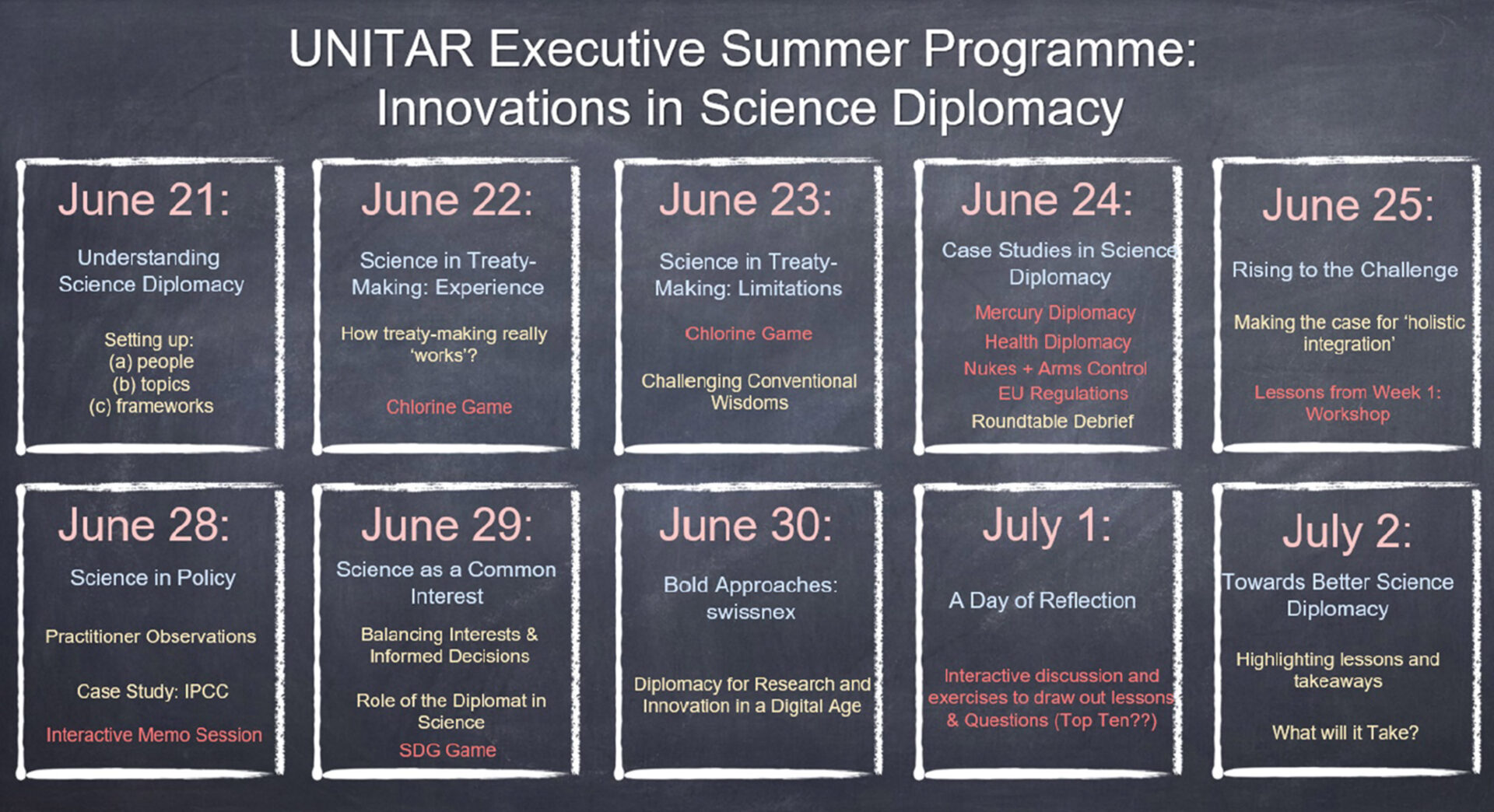
With inclusion and common-interesting building skills learned through K-12, Higher Education and Professional levels – science diplomats serve as brokers of dialogues among allies and adversaries alike, providing the leadership to frame questions of common concern. Education and research further triangulate with leadership to balance economic prosperity, environmental protection and societal well-being across generations with vision of sustainable development – considering the challenge to be inclusive (who, what, when, where, why and how) – as a forever aspiration.
Professional training with the Science Diplomacy Center™ is reflected with the United Nations Institute for Training and Research (UNITAR), building on initiatives that include:
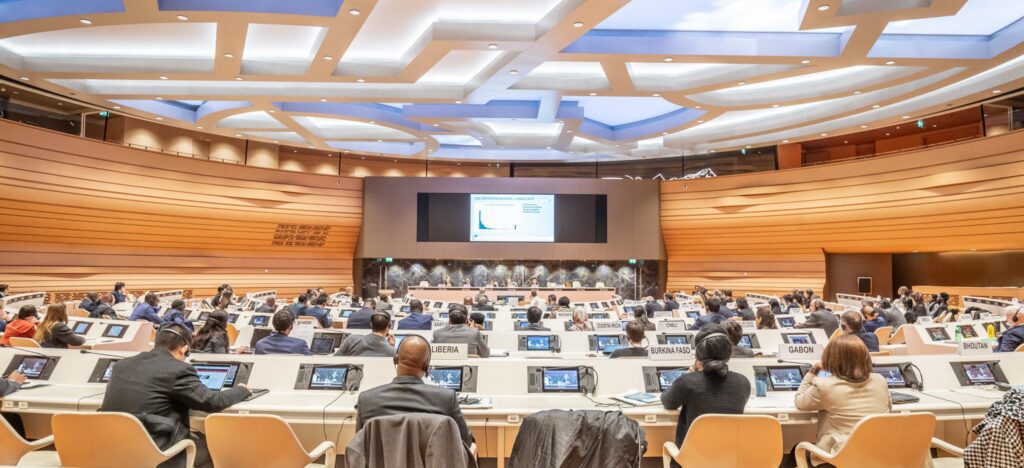
UNITED NATIONS INSTITUTE FOR TRAINING AND RESEARCH (UNITAR)
Professional training with the Science Diplomacy Center™ is reflected with the United Nations Institute for Training and Research (UNITAR), building on ongoing initiatives, including:
Online Courses
These are examples of activities previously conducted by the Science Diplomacy Center™ and reflect anticipated activities going forward.
UNITAR Executive Training Programme on Innovations in Science Diplomacy with the Program on Negotiation at Harvard Law School, Massachusetts Institute of Technology, Boston University, University of Massachusetts Boston, Swissnex Boston and Science Diplomacy Center [June-July 2021]
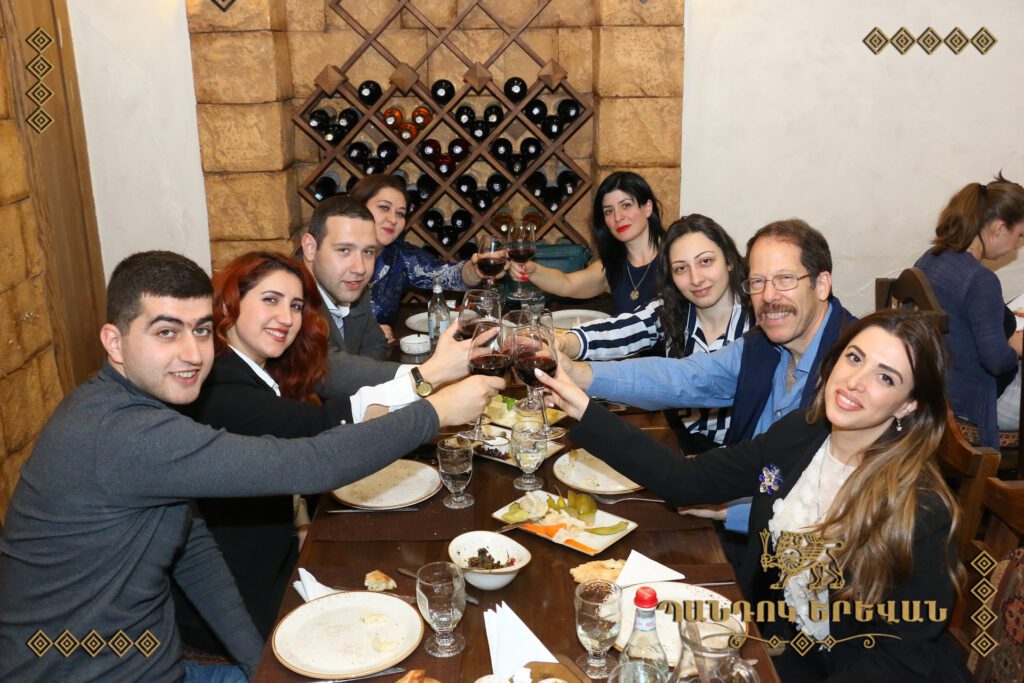
Science Diplomacy Training – Diplomatic Academies and Institutes with Ministries of Foreign Affairs
These are examples of activities previously conducted by the Science Diplomacy Center™ and reflect anticipated activities going forward.

